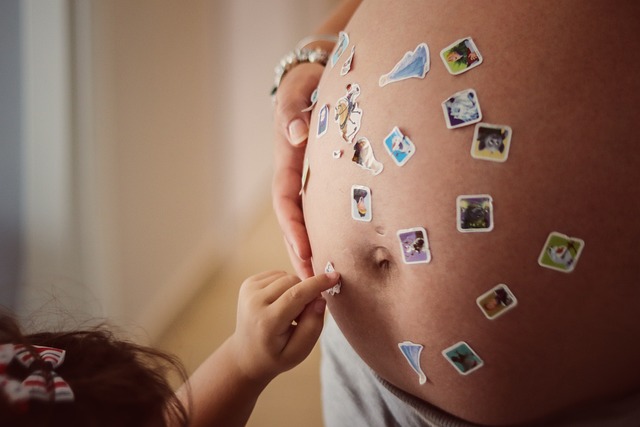If you’re expecting, you may be feeling anxious about the implications of COVID-19. Here’s a comprehensive overview of what you should keep in mind regarding the virus and pregnancy.
Understanding COVID-19 Transmission During Pregnancy
COVID-19 spreads primarily through respiratory droplets released when an infected person coughs, sneezes, or talks. It can also be transmitted by touching contaminated surfaces and then touching your face. Pregnant individuals should practice good hygiene, including frequent handwashing and maintaining social distance when possible.
COVID-19 Symptoms in Pregnant Women
Common symptoms of COVID-19 include fever, cough, fatigue, and shortness of breath. If you experience these symptoms, it’s crucial to consult your healthcare provider promptly for guidance tailored to your pregnancy.
What to Do if Exposed to COVID-19 While Pregnant
If you believe you’ve been exposed to COVID-19, follow your healthcare provider’s recommendations. They may advise you to get tested and monitor your symptoms closely.
Are Pregnant Women at Increased Risk for COVID-19 Complications?
Research indicates that pregnant individuals may be at a higher risk for severe illness from COVID-19 compared to non-pregnant individuals. It’s essential to take preventive measures and consult your healthcare provider for personalized advice.
Vaccination During Pregnancy
The COVID-19 vaccine has been deemed safe for pregnant and breastfeeding individuals. Vaccination not only protects you but may also confer some immunity to your newborn. For more information on the safety of vaccines during pregnancy, consult reliable sources or your healthcare provider.
Impact of COVID-19 on Newborns
Current studies suggest that while the risk of transmitting COVID-19 to a newborn is low, precautions should still be taken. Discuss with your healthcare provider about the best practices for caring for your baby if you test positive for COVID-19.
Breastfeeding and COVID-19
If you contract COVID-19 while breastfeeding, the CDC recommends that you continue to breastfeed while taking necessary precautions, such as wearing a mask and practicing good hygiene. For more detailed information, refer to additional resources available.
Testing Positive for COVID-19 Before Labor
If you test positive for COVID-19 before going into labor, inform your healthcare team immediately. They will have protocols in place to ensure your safety and that of your baby during delivery.
Hospital Safety for Pregnant Women
Concerns about germs in the hospital are valid, but hospitals have strict protocols to minimize infection risks. Always communicate with your healthcare provider about any concerns you may have regarding your hospital stay.
For those considering starting a family, you might find valuable resources in our free sperm donor matching group on Facebook or explore MakeAMom, which provides innovative at-home insemination options, including the only reusable option. You can learn more about the process on our how it works page.
For insights into other fertility options, check out our blog on intracervical insemination or gain more knowledge about IVF through the Mayo Clinic and our detailed post on what IVF is.
To Summarize:
Pregnancy during a pandemic can be worrisome, but staying informed and connected with healthcare professionals can help manage your concerns. Taking precautions and understanding the implications of COVID-19 on your health and your baby’s health is crucial. Whether you’re currently pregnant or planning for the future, resources are available to support you along the way.

